Groundwater provides drinking water for humans and livestock, and helps irrigate crops when rain is scarce. But new research shows that sustained groundwater extraction over more than a decade has shifted the planet’s axis of rotation, causing it to tilt eastward at a rate of about 4.3 centimeters per year.
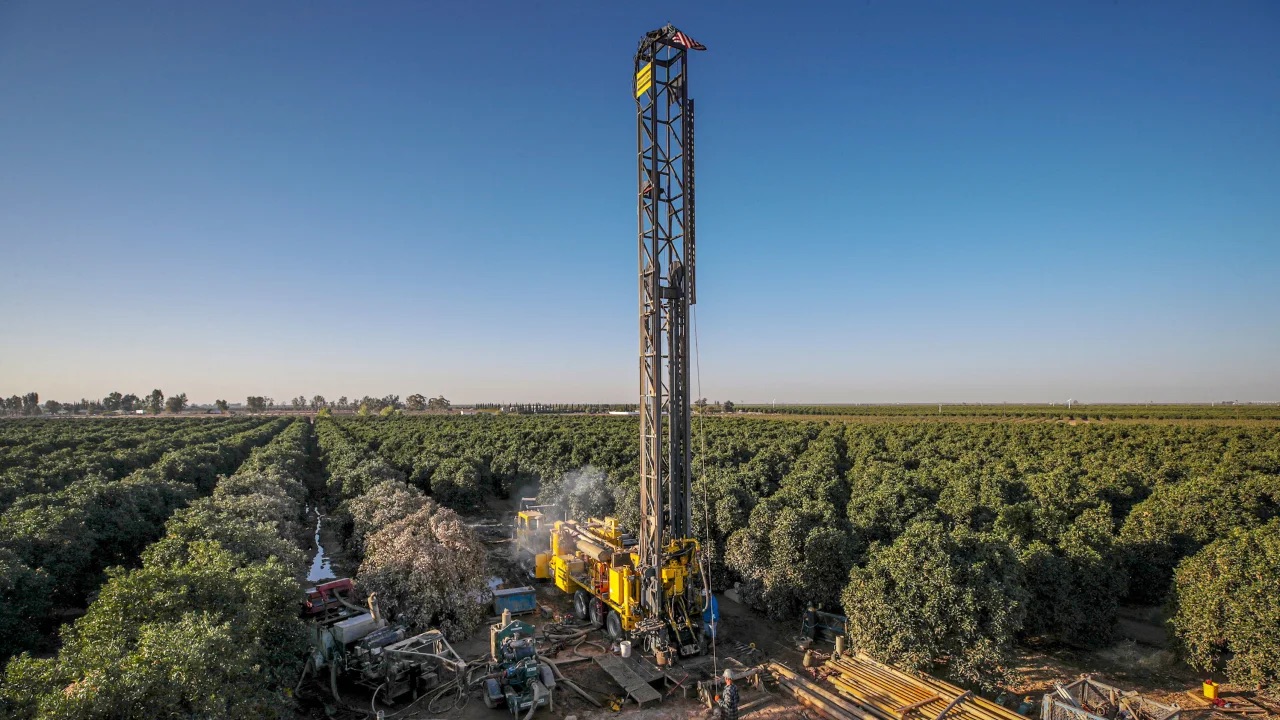
Groundwater extraction is a major factor in tilting the Earth's axis of rotation, according to a new study. Photo: CNN
That change could even be observed on Earth's surface, as it contributes to global sea level rise, scientists reported in research published June 15 in the journal Geophysical Research Letters.
“The Earth’s rotation axis really changes a lot,” study lead author Ki-Weon Seo, a professor of earth scienceeducation at Seoul National University in South Korea, said in a press release.
Humans may not feel the Earth's rotation, but it is rotating on its North-South axis at a speed of about 1,609 kilometers per hour.
The Earth's interior consists of layers of rock and magma surrounding a hot, dense core. In the outermost layer of rock lies a vast body of water, estimated to contain 1,000 times more water than all the rivers and lakes on the world's surface.
Between 1993 and 2010, the period covered by the study, humans extracted more than 2,150 billion tons of groundwater from within the Earth. To put that into perspective, if that amount were dumped into the ocean, it would raise global sea levels by about 6 millimeters.
In 2016, another team of researchers found that shifts in Earth's rotation axis from 2003 to 2015 may be linked to changes in the mass of glaciers and ice sheets, as well as the planet's terrestrial liquid water reserves.
In fact, any major change on Earth, including atmospheric pressure, can affect its rotation axis, according to Professor Seo. But the shift in axis caused by changes in atmospheric pressure is cyclical, meaning the rotation axis then returns to its original position.
Not only is groundwater extraction depleting a precious resource, it is also having unintended global consequences. “We are impacting Earth systems in many different ways,” said Professor Seo. “People need to be aware of that.”
Mai Anh (according to CNN)
Source










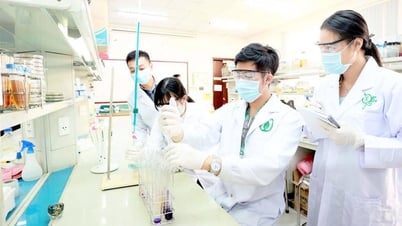


























![[Photo] Prime Minister and his wife conclude official visit to Estonia](https://vphoto.vietnam.vn/thumb/1200x675/vietnam/resource/IMAGE/2025/6/10/c74a4dbd6a124565a6e0277f56b79217)
































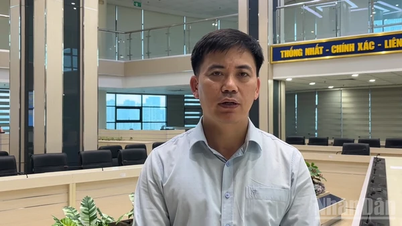











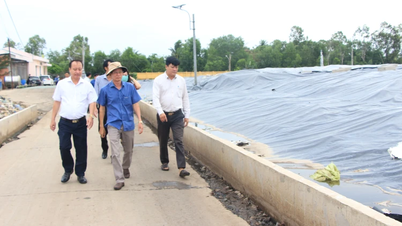

![[Infographics] Abolishing 20 urban and residential area projects in the province](https://vphoto.vietnam.vn/thumb/402x226/vietnam/resource/IMAGE/2025/6/10/9ff6be8d05a741a2946275036d4d2c87)

















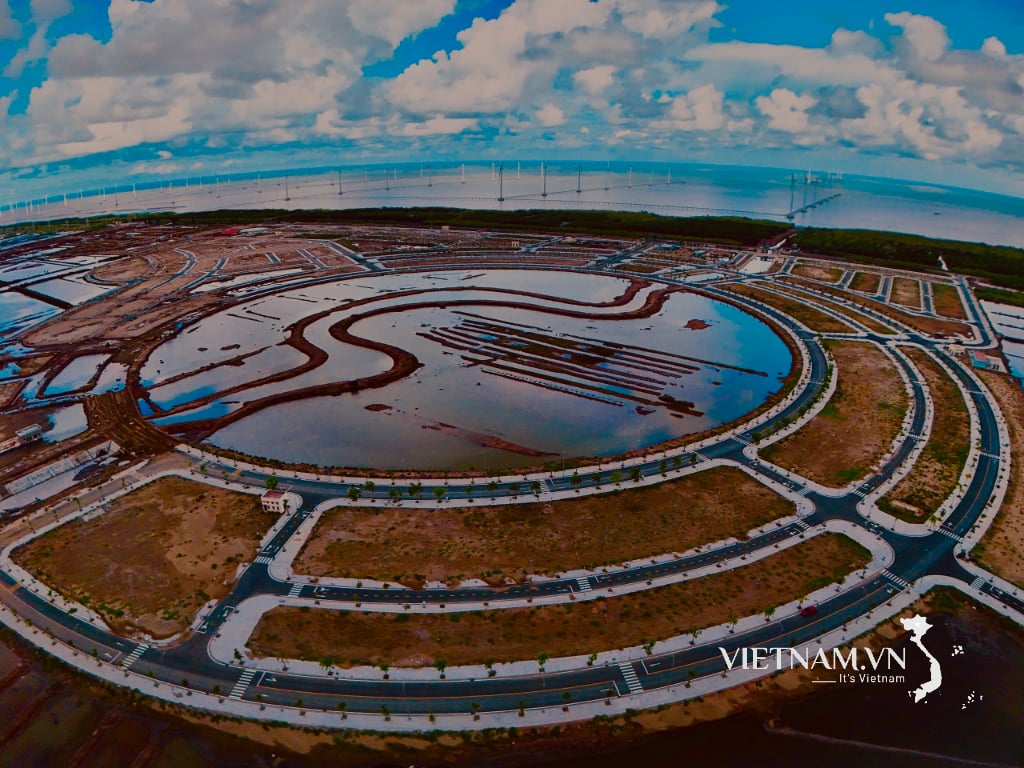


Comment (0)